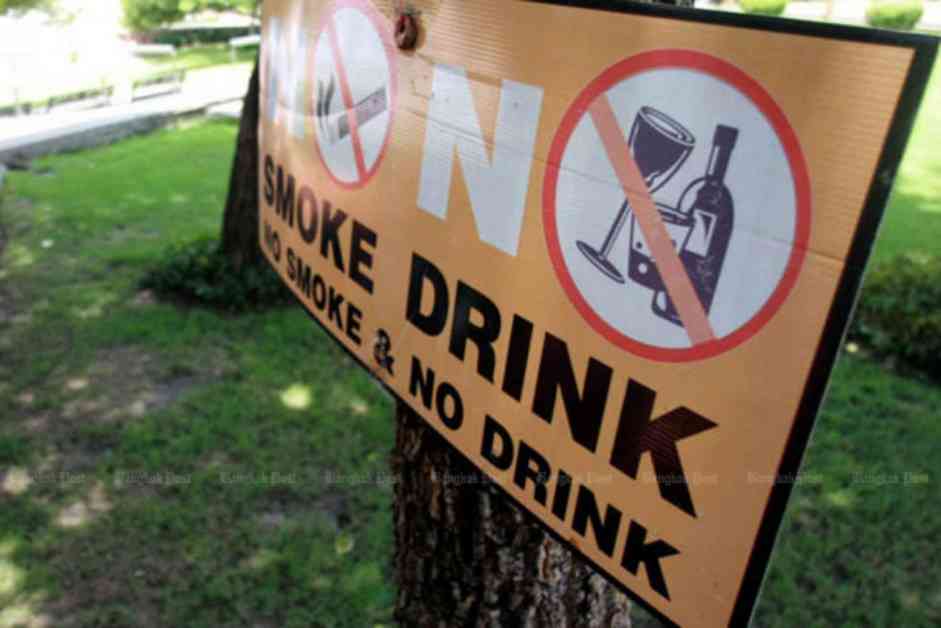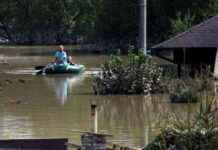The Department of National Parks, Wildlife, and Plant Conservation (DNP) has recently made a significant policy shift by lifting the ban on alcohol sales within designated areas under certain conditions. This change comes after a series of public hearings where amendments to the national park regulations, including the issue of permitting alcohol consumption, were discussed. Attapol Charoenchansa, the head of the DNP, shared insights into the department’s decision-making process and future implementation plans.
Public Hearings and Policy Revisions
During the public hearings, the DNP gathered feedback and insights from various stakeholders on the potential amendments to national park regulations. One of the key issues under discussion was the prohibition of alcohol consumption in these natural settings. The existing ban was primarily aimed at preventing disturbances to other visitors, particularly those engaging in camping activities within the parks.
Attapol Charoenchansa emphasized the importance of striking a balance between promoting recreational activities and ensuring a peaceful coexistence among park visitors. By revising the regulations to allow alcohol consumption in designated areas, the DNP aims to address the diverse needs of different visitor groups while maintaining a sense of order and respect within the park premises.
Implementation and Approval Process
Following the conclusion of the public hearing process, the DNP is now preparing to submit the proposed amendments for final approval. Once approved, the new regulation is expected to be enacted within two months after its publication in the Royal Gazette. This regulatory change will have implications for national parks nationwide, signaling a significant shift in the management of recreational activities within these natural reserves.
Under the revised policy, alcohol consumption will be restricted to designated areas, such as clubhouses established for recreational purposes. Visitors seeking to consume alcohol within these zones will need to obtain a permit from the park’s chief, ensuring that the activity is regulated and controlled. Importantly, permits will be issued based on group requests rather than individual applications, streamlining the approval process and enhancing administrative efficiency.
Attapol Charoenchansa clarified that the overarching goal of this policy adjustment is to safeguard the overall visitor experience within national parks. By confining alcohol consumption to specific zones and enforcing strict regulations, the DNP aims to prevent disruptions and conflicts that may arise from unregulated drinking practices. This proactive approach underscores the department’s commitment to promoting responsible and sustainable park management practices for the benefit of all visitors.
In summary, the decision to lift the ban on alcohol sales within designated areas reflects a nuanced understanding of the diverse recreational needs of park visitors. By incorporating public feedback, engaging in transparent policy discussions, and outlining clear implementation guidelines, the DNP is poised to usher in a new era of park management that balances conservation objectives with visitor enjoyment. As these regulatory changes take effect, visitors can look forward to a more structured and harmonious experience in Thailand’s national parks, guided by clear rules and thoughtful planning.




















